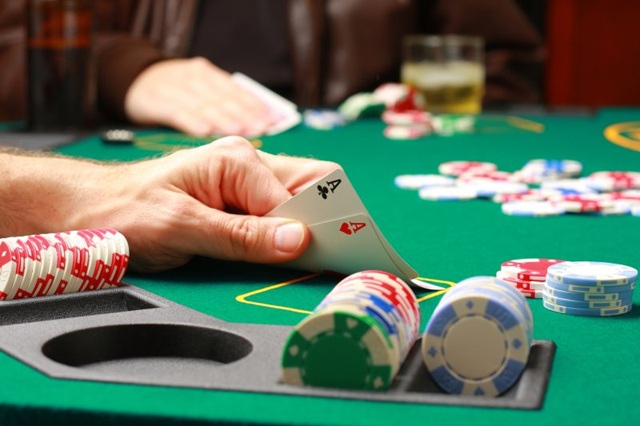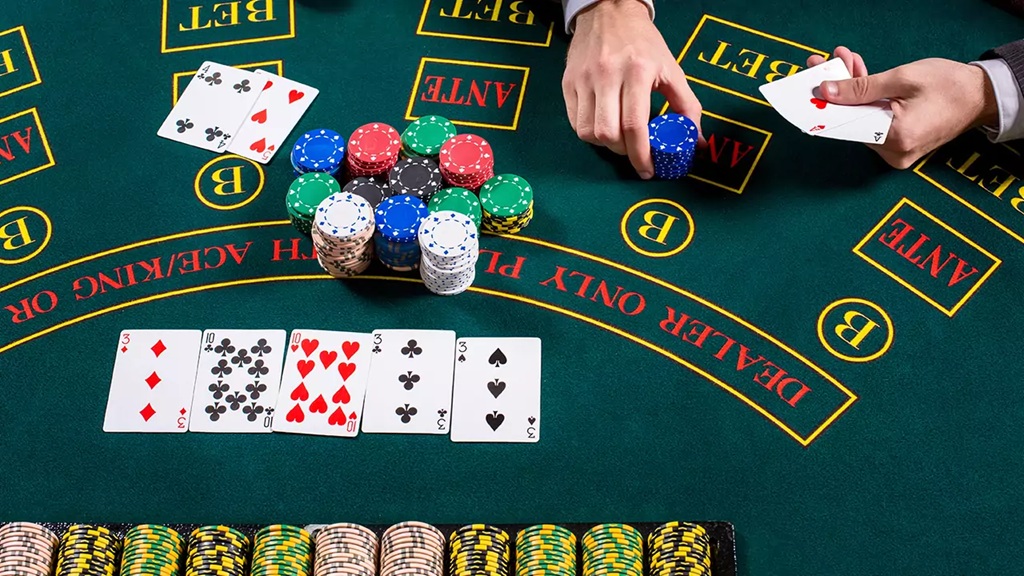Bluffing is almost synonymous with poker. That cool, calculated ability to force opponents to fold on the belief that your hand is unbeatable? It’s the stuff of legends. But here’s the thing not everyone tells you about bluffing—it’s a high-risk tactic that can go spectacularly wrong. And in a competitive gaming city like Dallas, where high-stakes poker draws some of the sharpest players around, a miscalculated bluff can be a costly mistake.
Here’s why bluffing in poker isn’t always the glamorous move it’s made out to be and how knowing when to pull back can help you save both face and chips at the felt.
The Temptation to Bluff
Bluffing is thrilling. It’s the poker equivalent of walking a tightrope without a safety net. When it works, you feel invincible, the master of the table. It can win you massive pots even when your hand is mediocre at best.
But the allure of bluffing often overshadows its dangers. Many players, inspired by highlights of successful bluffs in movies or TV shows, think it’s the hallmark of a great poker player. However, in Dallas’s competitive poker rooms, seasoned players are usually better at spotting a bluff than falling for one.
When Bluffing Backfires
Bluffing can go wrong in several brutal ways, turning your daring move into a financial faceplant.
- Misjudging Your Opponent’s Skill Level
Imagine you’re sitting at a poker table in a bustling Dallas casino, going all-in on your bluff. The player across from you seems unsure of their cards, and you think you’ve got them hooked. But then, all of a sudden, they call your bet, revealing a full house.
Amateurs might fold to this kind of pressure, but Dallas’s experienced poker crowd knows how to spot tells and calculate the odds. A failed bluff against such skillful players won’t just cost you the pot; it’ll mark you as a predictable risk-taker for the rest of the game.
- Overusing the Bluff
Some players bluff too frequently, falsely assuming it’s key to long-term success. Experienced players in Dallas will quickly catch on to your pattern and start calling your bluffs relentlessly. Each loss cuts deeper into your stack, proving that bluffing isn’t a strategy to be relied upon for every round.
- Reading the Room Incorrectly
Bluffing successfully often depends on understanding the table dynamics. If the players around you are notoriously aggressive or holding strong hands, bluffing will likely end in disaster. Misreading the energy of a Dallas poker table, where competition is fierce and bets escalate quickly, can leave you exposed.

Dallas’s High-Stakes Poker Scene
Dallas isn’t just about cowboy hats and steak houses; its poker rooms offer an adrenaline-pumping experience where skilled players gather to test their mettle. The stakes are high, the competition tougher, and the risks greater. Bluffing, when done right, can impress even the savviest poker players in this city. But when it fails, it’s a costly reminder of how unforgiving high-stakes gaming can be.
Dallas poker players thrive on sharp analytical skills and emotional control, and bluffing requires both. To land a successful bluff here, reading your opponent is just as crucial as knowing the odds of the game.
Tips to Bluff Smarter
Bluff Sparingly
The best bluffs are unpredictable. If you bluff every few hands, opponents will catch on quickly. Use it as a carefully timed weapon rather than a routine move.
Know Your Audience
Spotting amateur players is easier than fooling seasoned pros who frequent Dallas’s poker rooms. Bluff against the right opponents, not the ones likely to call you just to expose your hand.
Read the Table Carefully
Pay attention to betting patterns, player behavior, and stack sizes before deciding to bluff. Controlled players with large stacks are less likely to fold under pressure.
Don’t Overcommit
Always plan for the possibility that your bluff won’t work. Never commit more chips than you can afford to lose.
Final Thoughts
Bluffing is undeniably a thrilling part of poker, but it’s no golden ticket to success. A bluff can elevate your gameplay, but it can just as easily sink your stack, especially in a city like Dallas, where poker tables are full of players who’ve seen it all.
Next time you’re tempted to bluff, take a moment to calculate the risk. The art of poker isn’t just about fooling others; it’s about knowing when to play it straight. And in Dallas, that mix of strategy and caution is what turns a poker player into a poker legend.

